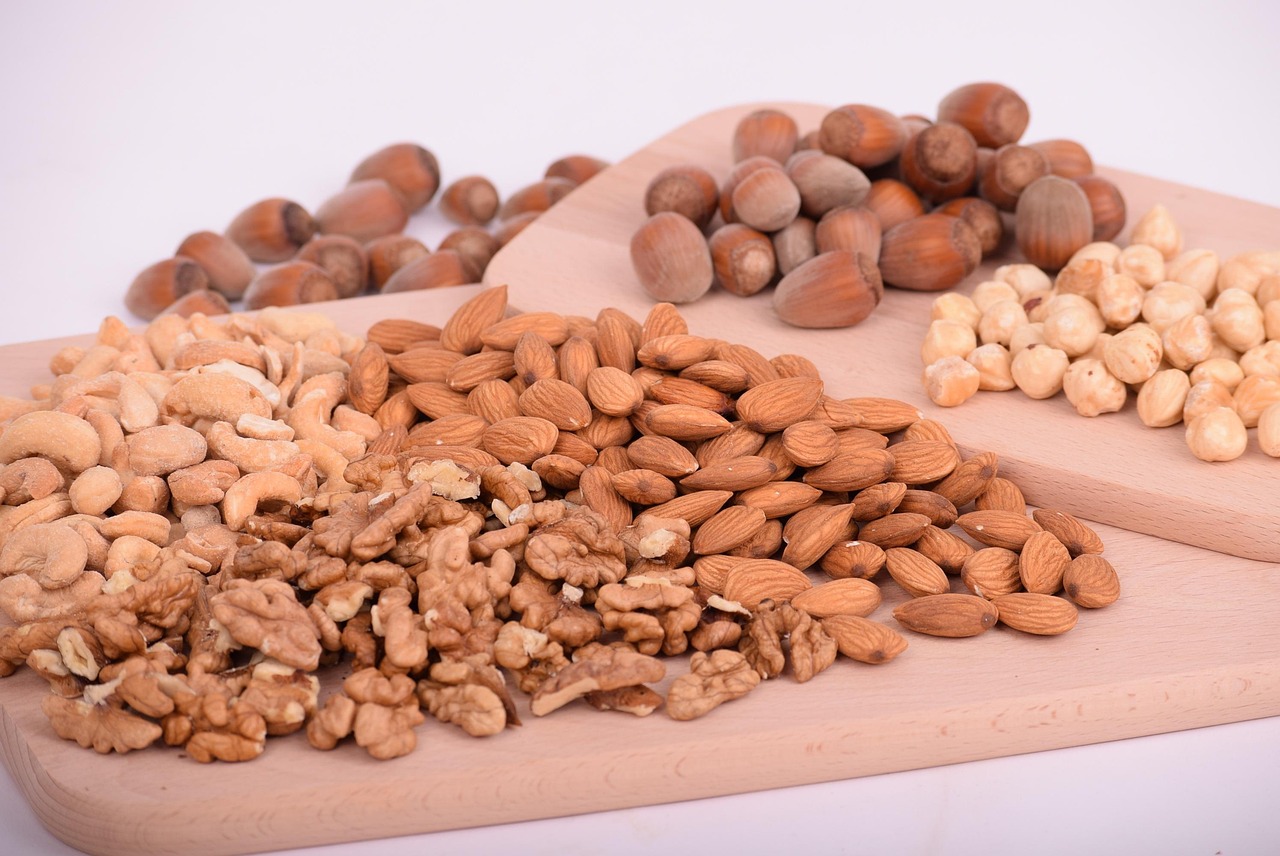Why Gut Health Is Basically the Root of Everything in Your Body

So, here’s something I’ve been thinking about lately — we spend so much time trying to fix random health issues one by one, like bloating, low energy, bad skin, or mood swings, but barely anyone stops to ask what’s actually causing all that. The answer, in most cases, starts from one place — your gut.
Yeah, I know, people throw that term around a lot now — “gut health,” “probiotics,” “microbiome,” — all that stuff. But honestly, it’s not just some wellness trend. The gut is literally running half your body without you even realizing it. Your digestion, mood, sleep, energy, hormones, immunity — everything links back to what’s going on inside that digestive system of yours.
What Gut Health Really Means
Let’s make it simple. When people say “gut health,” they’re basically talking about the balance of bacteria living in your digestive system. You’ve got trillions of them — some good, some bad — and when they’re balanced, your body works smoothly. You digest food properly, absorb nutrients, and stay energized. But when that balance goes off, that’s when the trouble starts.

The thing is, your gut isn’t just some tube running through your body. It’s like a control center. Scientists even call it the “second brain” because it has its own nervous system and communicates directly with your actual brain. That’s why sometimes you feel things like “gut instinct” or “butterflies in your stomach.” That’s literally your gut sending signals to your brain.
When your gut bacteria get messed up — because of stress, processed food, antibiotics, lack of sleep, or just overall bad habits — it doesn’t stay quiet. It shows up in your mood, skin, digestion, focus, even how you handle stress.
How It Messes With Your Whole Body
Ever felt bloated for no reason? Or had those random mood drops even when life’s fine? That could be your gut acting up. When the bacteria inside you are off balance, they start creating inflammation, and that inflammation spreads. It can affect your skin, joints, and even how your brain functions.
People don’t realize it, but things like brain fog, anxiety, low energy, and even poor sleep can be tied to gut imbalance. Your gut makes around 90% of your serotonin — the hormone that keeps you happy and stable. So when your gut’s unhappy, your mood goes down too. That’s the gut-brain connection in real life.
And then there’s the immune system. Around 70% of your body’s immune cells are located in your gut. So when your gut is weak, your immunity takes a hit. You start catching colds easily, your energy drops, and recovery gets slower. That’s why doctors are now saying — if you want to fix your immune system, start with your gut, not supplements.
Signs Your Gut Might Be Out of Balance
Most of us walk around thinking “I’m fine” until the signs pile up. Here are a few ways your gut tells you it needs help:
-
Constant bloating, gas, or indigestion after meals.
-
Feeling tired or low-energy even when you sleep fine.
-
Skin issues like acne or dullness that won’t go away.
-
Food cravings, especially for sugar or carbs.
-
Mood swings or brain fog for no clear reason.
-
Irregular bowel habits — either constipation or going too often.
If any of that sounds familiar, your gut is probably out of balance. And here’s the thing — it’s not always just about what you eat. It’s about your entire routine. Stress, sleep, and even how fast you eat your food all play a role.
How to Fix It Without Overcomplicating Things
People love to overcomplicate health. You don’t need 10 supplements or a fancy detox plan. Gut repair starts with small, consistent habits.

1. Eat real food.
This one’s obvious, but it’s honestly the most powerful thing. More fiber, more fruits, more vegetables, and fewer processed foods. Real food feeds the good bacteria in your gut. Junk food feeds the bad ones. It’s that simple.
2. Add natural probiotics.
You don’t have to buy expensive pills for this. Yogurt, kefir, kimchi, pickles, sauerkraut — all of these have live cultures that help rebuild your gut bacteria naturally. If you eat them a few times a week, you’ll start feeling the difference.
3. Manage your stress.
When you’re stressed, your body releases hormones that mess with digestion. You might not realize it, but stress changes how your gut moves and even which bacteria grow there. Try journaling, walking, breathing exercises — whatever helps you calm down.
4. Drink water — a lot of it.
Hydration is underrated. Your gut needs water to digest food properly, move waste, and keep everything flowing smoothly. If you’re dehydrated, your gut slows down.
5. Fix your sleep.
Your gut repairs itself at night. If you’re constantly skipping sleep, you’re not giving it time to recover. Stick to a sleep schedule — your digestion will thank you.
6. Don’t rush your meals.
Eating too fast messes with your digestion. Your brain needs time to realize you’re eating so it can release the right digestive enzymes. Try actually sitting down to eat — no scrolling, no rushing. Just chew properly and give your body a break.
Why Modern Medicine Is Paying Attention
For a long time, gut health wasn’t really taken seriously in medical circles. It was mostly ignored or brushed off as a “wellness thing.” But now, there’s solid research connecting gut health to everything from heart disease to diabetes and even mental health.
Doctors are finding that an unhealthy gut causes inflammation throughout the body, and that inflammation is linked to chronic conditions. So when you fix your gut, you’re not just fixing digestion — you’re lowering your risk for major health issues too.
Even in mental health treatment, psychiatrists are starting to consider gut health. There’s real evidence showing that improving your gut can help with anxiety, depression, and sleep problems. It’s wild, but it makes sense — your gut and brain literally talk to each other all the time.
What Happens When You Start Healing Your Gut
The change doesn’t happen overnight, but once your gut starts balancing out, you’ll feel it everywhere. Your digestion becomes smoother, your bloating goes down, your energy feels steady throughout the day. Your skin clears up, your focus improves, and your mood lifts.
Most people don’t realize how bad they’ve been feeling until they start feeling good again. It’s one of those things where you only understand the difference once your body resets.
Even your food cravings start changing. When your gut is balanced, you stop craving sugar and processed junk because the bad bacteria that demand that stuff start dying off. Instead, you’ll naturally want cleaner food because that’s what your body now thrives on.
The Real Takeaway
Here’s the main point — your gut is basically your foundation. You can’t build good health on a weak foundation. If you’re struggling with energy, mood, focus, or random health issues that don’t seem to connect, start with your gut first.
No fancy detox, no miracle supplement — just fix your basics. Eat real food, sleep properly, stay hydrated, and take care of your stress. Your body knows what to do once you stop working against it.
A healthy gut means stronger immunity, better digestion, stable energy, and a calmer mind. It’s not magic, it’s just biology working the way it’s supposed to. You just have to give it the right conditions.
Most of us are walking around thinking we need more motivation, more vitamins, more everything — but maybe what we actually need is to just fix what’s happening in our stomach. Because once your gut feels right, everything else slowly falls into place.
So yeah, next time you feel off — tired, foggy, irritated, or just not yourself — maybe the problem isn’t in your head. It’s in your gut. And fixing that might be the smartest health move you ever make.